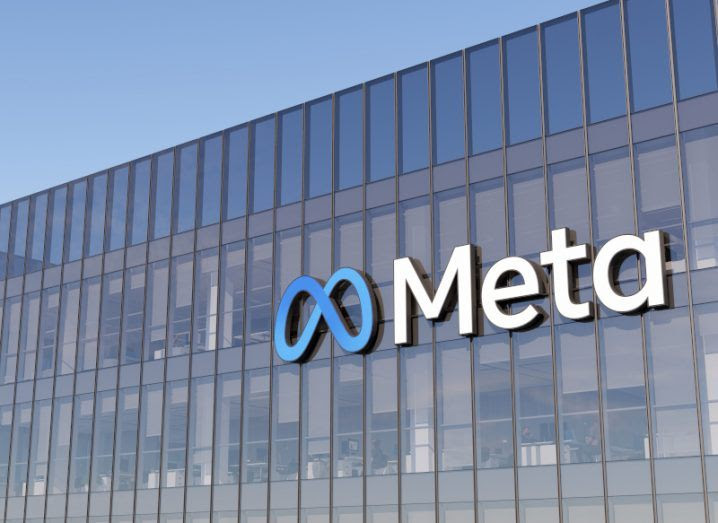The Meta Group formerly Facebook, Instagram will give content creators the ability to sell virtual items to users of Horizon Worlds, its main platform in the metaverse, according to a statement released Monday, April 11.
“Someone can, for example, make and sell accessories for a +world+ about fashion or offer paid access to another part of a +world+,” the California-based group explained.
The metaverse, presented by Meta and other companies as the future of the Internet, consists of a set of parallel universes, accessible mainly via platforms in augmented and virtual reality.
We can already find them minimally in the form of video games (Minecraft, Fortnite, Roblox) and social platforms (Horizon Worlds, VRChat), where people come together not only to play, but also to interact and participate in events.
The Meta Group, whose revenues are overwhelmingly dependent on large-scale targeted advertising, has made it its mission to make a significant contribution to the emergence of the metaverse and is thus taking a stand in the upcoming battle for the public’s attention.
Meta, one of the leaders in social networks, is therefore seeking to attract content creators who can in turn attract new users.
Meta had already created in October a 10 million USD fund for creators on Horizon, where more than 10,000 different “worlds” already exist, according to the company.
“We’re launching a test today with a handful of creators to get their feedback, but these tools represent steps toward our long-term vision for the metaverse, where creators can make a living and people can buy digital goods, services and experiences,” Meta said.
Meta also plans to test bonuses for creators who meet certain goals – like “building worlds where users spend the most time.”
These bonuses “will not be subject to fees and will be paid in full to creators,” Meta said, unlike virtual item revenues, which are subject to commission.
The new service, Horizon Worlds, has more than 300,000 users in the U.S. and Canada, according to a February article by The Verge.



Comment here